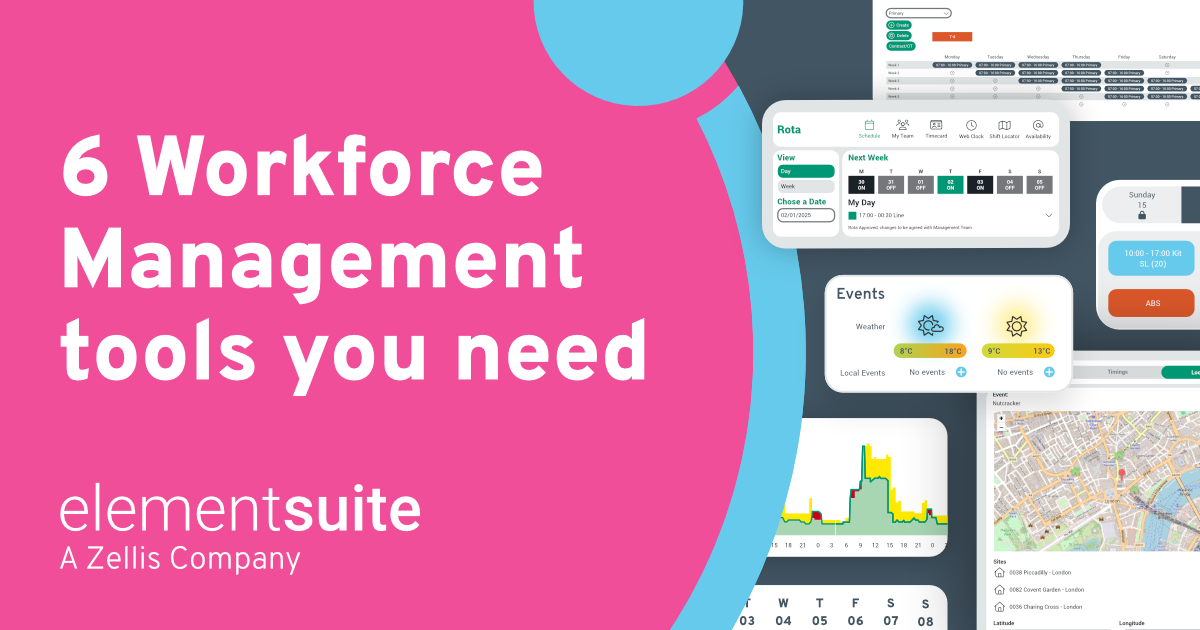Performance management isn’t just about checking off boxes or waiting for annual reviews. It’s an ongoing journey to keep employees aligned with organisational goals, boost productivity, and create a culture where everyone thrives. But, as any HR admin and manager knows, there are plenty of hurdles along the way. Let’s dive into eight common challenges and practical ways to address them.
1. Spotting underperformance early
Underperformance isn’t always obvious; it can sneak up gradually, impacting team dynamics and morale. To address this, it’s essential to identify underperformance as early as possible. Relying on regular, data-driven performance insights helps managers catch issues before they grow.
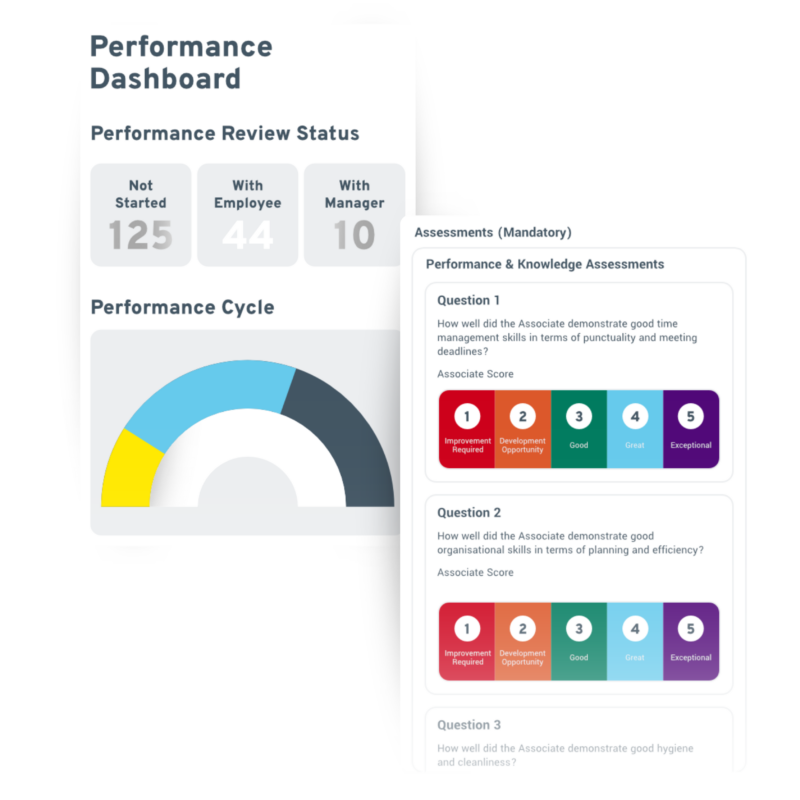
Imagine an employee who’s falling behind due to a lack of skills in a particular area. By spotting this early, you can work together to set up a performance improvement plan, offer coaching, or connect them with the necessary resources. Consistent tracking and feedback can be a game-changer here, giving managers and employees the chance to course-correct in real time rather than waiting for an annual review.
2. Bridging skill gaps
Employees come from various backgrounds, and skill gaps are inevitable. Effective performance management recognises these gaps and seeks ways to close them. This means looking beyond formal training and considering on-the-job development, mentorship, and continuous learning opportunities.
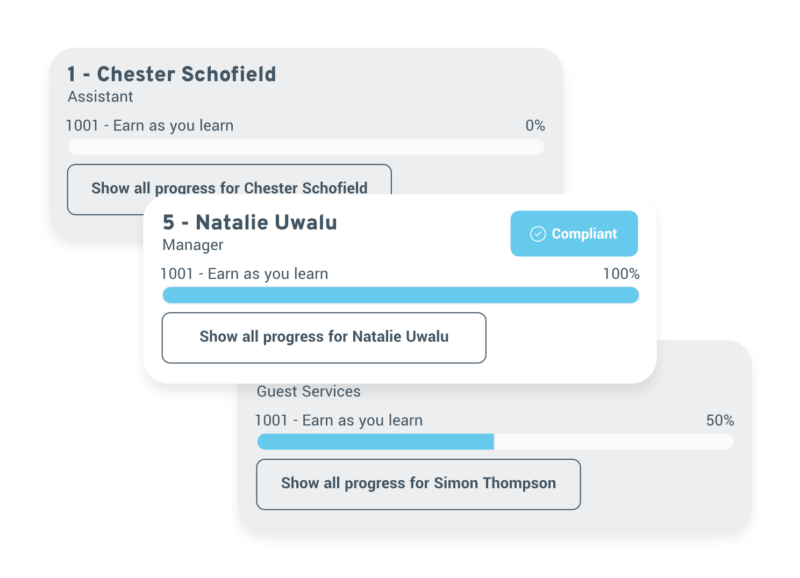
For instance, say a team member is struggling with project management, which affects their performance on collaborative tasks. By offering targeted training or pairing them with a mentor, you’re not only helping them bridge the skill gap but also boosting their confidence and productivity. When employees feel supported in their development, they’re more likely to engage and contribute meaningfully.
3. Setting clear, measurable goals
Setting clear, measurable goals – like SMART goals (Specific, Measurable, Achievable, Relevant, Time-bound) – is vital for effective performance management. Without clear metrics, performance evaluations can feel subjective, and employees may struggle to understand what’s expected of them.
For instance, rather than setting a vague objective like “improve customer service,” a SMART goal could be “reduce customer response time by 20% over the next quarter.” This gives employees a clear target and makes it easier for managers to evaluate progress. Tools that track these metrics and offer timely data allow HR teams to keep goals front and centre, supporting transparency and alignment with organisational aims.
4. Navigating bias in evaluations
Unconscious bias can slip into evaluations, often despite the best intentions. Bias may appear in various forms, from favouring certain personality traits to allowing past performance to cloud current assessments. Such biases can create unfair evaluations and impact team morale.
Combatting this requires a standardised, data-driven approach to evaluations. Objective criteria and structured feedback processes can help reduce subjectivity. For example, using data from regular check-ins or task performance metrics can provide a clearer picture than a once-a-year evaluation. Keeping bias in check fosters a more inclusive environment where employees feel their performance is assessed fairly.
5. Providing managerial training
Not all managers are naturally equipped to lead performance reviews or deliver feedback effectively. Untrained managers may avoid tough conversations, give overly vague feedback, or miss opportunities to support employee growth. Training managers on effective feedback, coaching techniques, and performance conversations can make a substantial difference.
Managers can also use AI tools like ELLA to help prepare for their performance reviews, asking questions like:
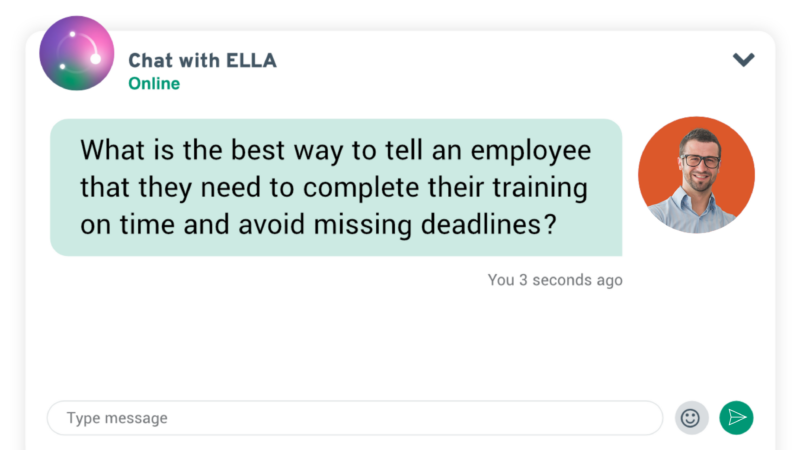
Imagine a manager who feels uncomfortable giving constructive feedback. With training, they learn to frame feedback in a way that’s both honest and supportive, focusing on specific behaviours rather than personal traits. This shift helps employees understand how to improve without feeling demotivated. Managerial training builds a strong foundation for a culture of growth and transparency.
6. Moving beyond annual reviews
Relying solely on annual reviews can make performance management feel static and out of touch with today’s fast-paced work environments. Continuous feedback and regular check-ins keep conversations dynamic, allowing employees to adjust and grow throughout the year.
Consider the scenario where an employee receives feedback only once a year. If they’ve been struggling with a particular project or skill for months, waiting until the annual review to address it wastes valuable time and can leave them feeling unsupported. Implementing quarterly or even monthly reviews allows employees to receive timely feedback, make adjustments, and stay engaged in their development. Continuous feedback is especially beneficial in roles with rapidly changing goals or in projects that require frequent updates.
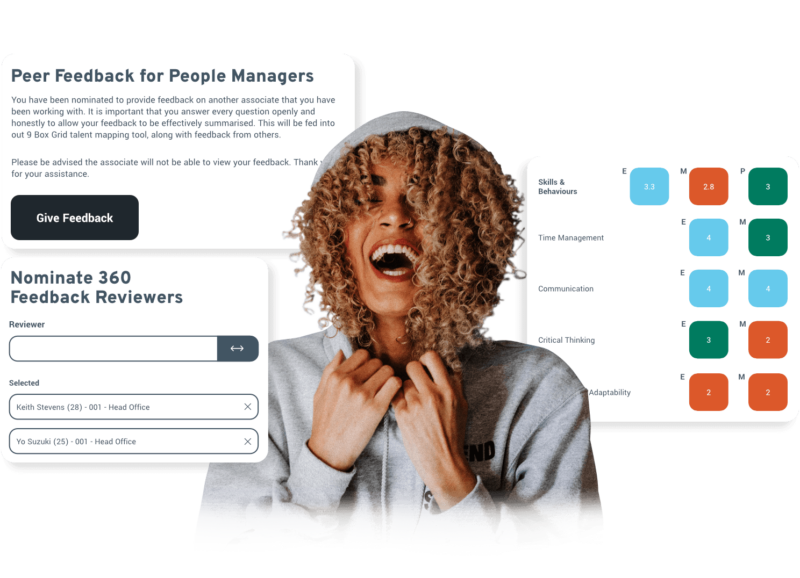
7. Focusing on employee development
It’s easy to get wrapped up in managing day-to-day performance and overlook long-term employee development. Yet, without a clear path for growth, employees may feel stagnant and disengaged. A limited focus on development can lead to higher turnover rates and negatively impact organisational knowledge and skills.
Encouraging development means investing in training, mentorship, and career progression. For example, offering employees the chance to explore new roles, upskill through workshops, or take on stretch assignments can keep them engaged and committed. Employees who see a future within the organisation are more likely to stay motivated and contribute positively to the company’s goals.
8. Making the most of technology
In today’s digital landscape, technology plays a significant role in performance management. However, ineffective use of HR tools can complicate rather than enhance the process. Knowing how to leverage technology effectively is essential for streamlining appraisals, feedback cycles, and employee development.
For instance, an all-in-one HR system that integrates tracking, reporting, and feedback can save valuable time and reduce manual errors. Proper training on these tools is crucial so managers and HR admins alike can use them to their full potential. When used well, technology can simplify performance reviews, provide timely feedback, and track employee progress in one centralised platform, making the performance management process more efficient and effective.
Wrapping up: The future of performance management
As workplaces evolve, so do performance management practices. Moving away from rigid structures, today’s approach focuses more on continuous improvement and alignment with organisational goals. Addressing these challenges and using the right resources can turn performance management into a positive experience for everyone involved.
By focusing on early intervention, skill development, bias reduction, and the effective use of technology, you’ll foster a more engaged, productive team. Performance management isn’t about holding employees accountable; it’s about creating an environment where everyone has the opportunity to succeed. With these strategies in place, you can help your team reach their full potential while driving organisational success.
Book a demo today to see how elementsuite can enhance your performance management processes




